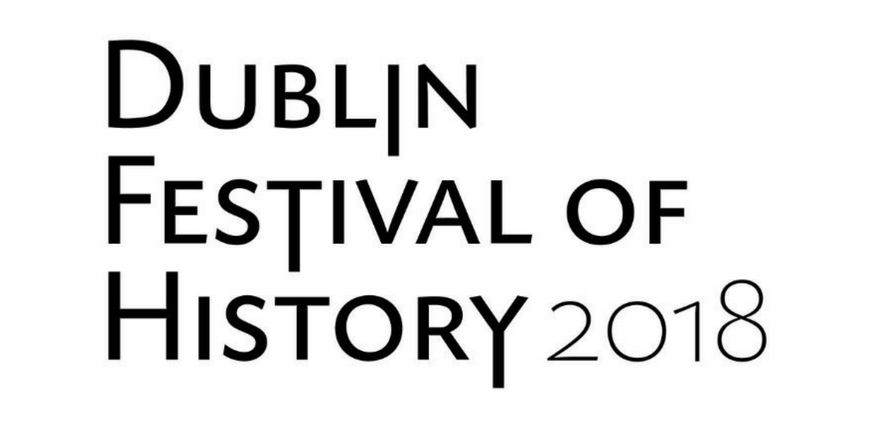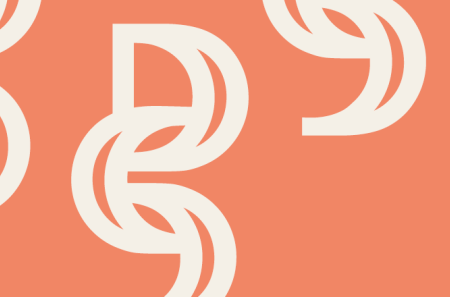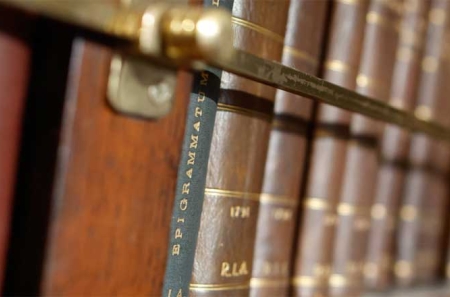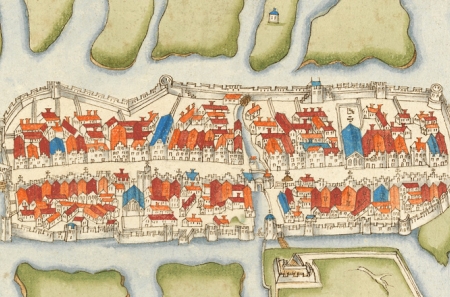Dublin Festival of History
When
Monday, September 24, 2018, 10:00 - Wednesday, October 3, 2018, 14:00Where
Tickets

The annual Dublin Festival of History takes place at various venues across the city. This year the Library and the Irish Historic Towns Atlas will be participating for the first time.
Workshops : Behind the maps: Navigating the Irish Historic Towns Atlas
As part of the Dublin Festival of History, Jennifer Moore of the Irish Historic Towns Atlas, a research project based at the Royal Irish Academy, will deliver two workshops examining how the atlas is a platform for multiple types of urban historic research. We will be looking at examples of topographical information on the detail of Dublin city by using maps and by exploring the potential of the thematic gazetteer. The three atlases we will be looking at will be:
Irish Historic Towns Atlas
no. 11 Dublin, part I, to 1610, by H. B. Clarke (2002)
no. 19 Dublin, part II, 1610 to 1756, by Colm Lennon (2008)
no. 26 Dublin, part III, 1756-1847, by Rob Goodbody (2014)
Workshops take place at the following times:
25 September 2018, 1-3pm
2 October 2018, 11am-1pm
Free. Places limited to 20 people per workshop. Please book via Eventbrite
Lunchtime Lecture : Presbyterianism in Dublin and the south of Ireland; an unfamiliar history / By Dr Linde Lunney, Dictionary of Irish Biography
Presbyterianism in the south of Ireland developed differently from the Presbyterianism which has many more adherents in Northern Ireland, and whether because of partition or otherwise, is relatively unregarded and even unknown, at times even distrusted, in the north. An influx of Scots in the 19th century affected the denomination in Dublin; but what happened with independence?
This free lecture will take place on Wednesday 26 September 2018, 1pm
Lunchtime Lecture : From 'machine bread' to artisan loaves: Ireland's other staple in the nineteenth and twentieth centuries / by Professor Juliana Adelman and Catherine Cleary
This talk looks at four different stories around the making and consuming of bread in modern Ireland. We start with the advent of 'machine bread', made by aerating rather than fermenting dough at the end of the nineteenth century. We consider the backlash against the 'bread and spread' meal in the twentieth century. From the Grow More Wheat drive of the Second World War years and Maura Laverty’s efforts to get home bakers to use wheat substitutes we look at declining grain production in Ireland as we moved from bread to beef. Finally, we consider the recent interlinked history of beer, bread and sourdough starter obsessives.
This free lecture will take place on Wednesday 3 October 2018, 1pm
Exhibition: 'Prodigies of learning: Academy women in the nineteenth century'
Our current exhibition will be open during the Dublin Festival of History
Princess Yekaterina Dashkova (1743-1810), Mary Somerville (1780-1872), Caroline Herschel (1750-1848), Maria Edgeworth (1768-1849), and Margaret Stokes (1832-1900) were all made Honorary Members of the Royal Irish Academy in recognition of their scholarly achievements in their respective fields. This exhibition celebrates their important contributions to learning and knowledge in the nineteenth century.
Opening hours: Monday-Friday, 10am-5pm, except on conference days. See Library landing page for exceptions. Free admission. No individual booking required. Group bookings please contact: library@ria.ie / 01-6090620



